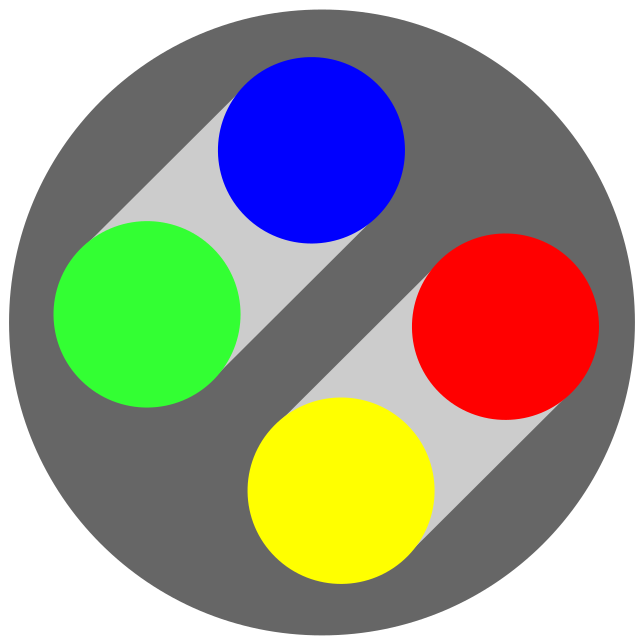There are many reasons to dislike Nvidia on Linux. Here is a little thing that bugs me all the time, the updates. Normally the system updates would be quick and fast, but with the proprietary drivers of Nvidia involved, it gets quiet slow process. And I am not even talking about any other problem I encounter, just about the updates.
As an Archlinux based system user (EndeavourOS to be precise), I get new Kernel updates all the time. That means every time a new Kernel version is installed, the Nvidia driver DKMS has to be installed too. And that is basically the slowest part. But that’s not too bad, even though it’s doing this twice for each Kernel I have once.
What’s more infuriating is, if you also happen to use Flatpaks for a very few applications. I really don’t have many Flatpaks at all. Yet, the Nvidia drivers are installed in 7 versions or what?! And they are full downloads, each 340 MB or more. This takes ages and is the only part that takes long to update Flatpak system. I always do flatpak remove --unused to make sure nothing useless is present. /RANT (EDIT: Just typos corrected.)


I would have thought Intel would be decent on Linux. It falls behind on Windows because it doesn’t have all the years of broken game fixes baked into the drivers like AMD and nVidia have, but isn’t all the Linux gaming done through Vulkan wrappers around DirectX?
Intel has the best software support - AMD just has more powerful hardware and good enough software support
nvidia has the best hardware on paper, but no software support
A large number of games support Linux natively thanks to Valve’s pushes, and use OpenGL
DXVK (directx to vulkan) is one of the more popular translation layers for other games
Intel also uses DXVK on Windows to help with older versions of DirectX (primarily DX9 afaik) on their ARC cards